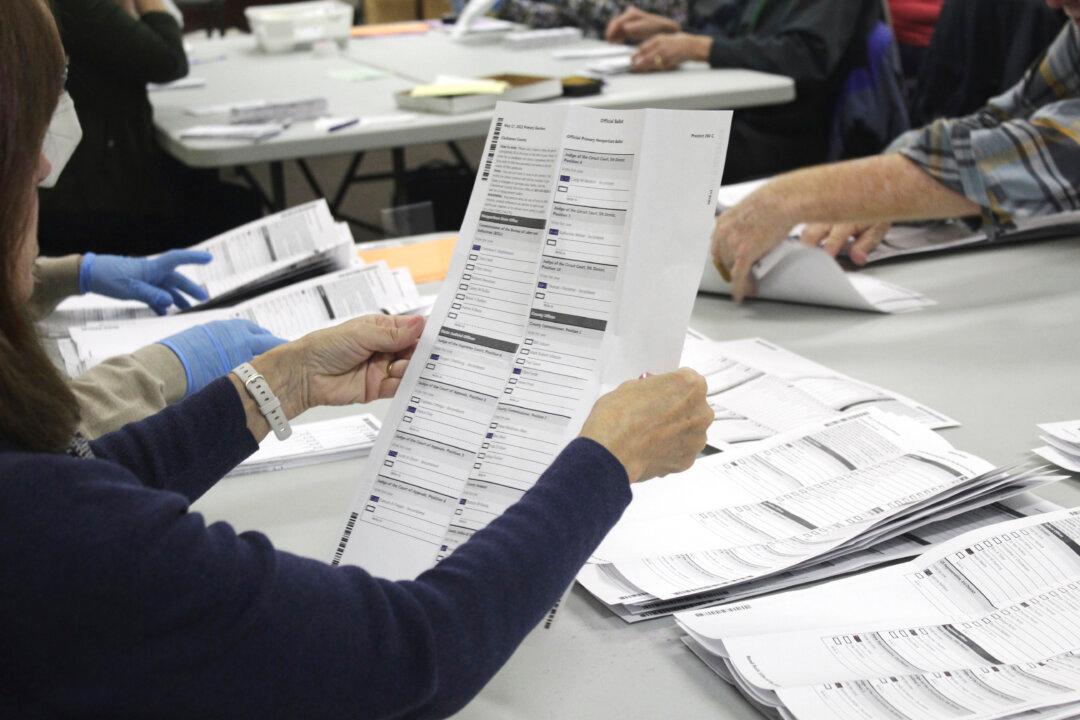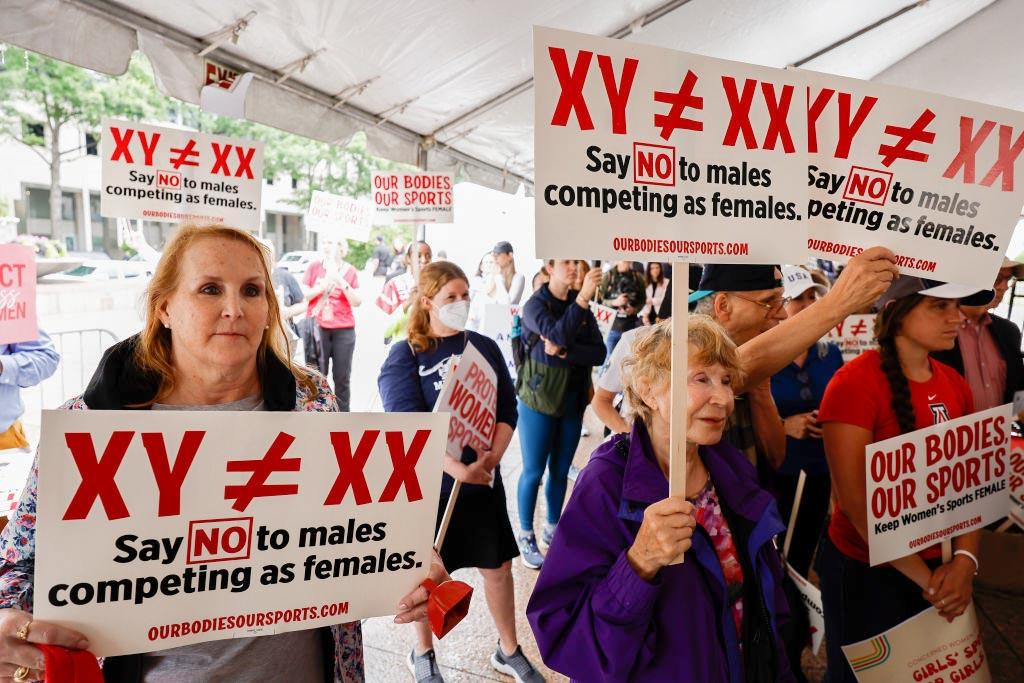Oregon Gov. Tina Kotek on Oct. 7 ordered the Department of Motor Vehicles (DMV) to halt transmission of Oregon Motor Voter data to the secretary of state after a review found another 302 noncitizens were improperly registered to vote under the state’s motor voter law.
Under that law, the DMV can automatically register residents to vote when they get a driver’s license or state ID, as long as they provide proof of citizenship.





